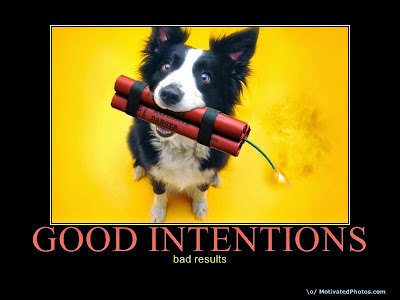"How many balls can you keep in the air at one time? Some business leaders are better jugglers than others, but everyone has their breaking point—or, rather, their dropping point.Recordar "Jongleurs" - Precisam-se (parte II)"
.
Juggling priorities is a challenge for every business owner. You’re overwhelmed with business development and all the things you need to do to attract and retain customers. Whether you’re a solopreneur, salesperson, or CEO of a small business, you feel the constant push/pull between prospecting, working with existing customers, managing social media, and staying in touch with everyone (which can seem like an unending task).
...
I know it’s tricky to take your head out of the weeds long enough to work on the business when you’re so busy working in your business. The problem is, if you don’t make the time, you won’t have a business.
...
Whatever you decide for your business, stay focused on the future.
...
As the CEO, you’re the futurist of your business, and the product of a futurist’s work is foresight."
Trecho retirado de "Small Business Owners: The Future Is Your Responsibility"









%2006.21.jpeg)












